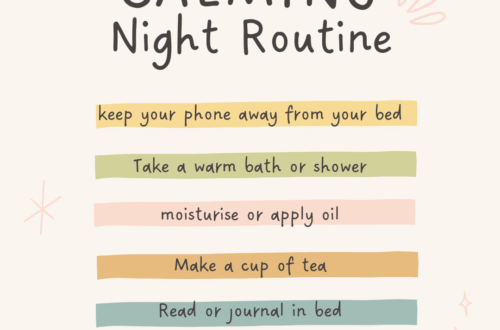
Okay, guys, let’s tackle a topic that’s as adult as it gets – dealing with those inevitable relationship disputes. You know, things like “You left the toothpaste cap off again” “You don’t understand me” or “You never put the dishes away”. But hey, it’s not just about toothpaste and the dishes; It’s about learning how to be the adult in your relationship.
Technically you are grown up with a full-time job, probably a mortgage, and even have a kid or a pet.
It looks like you have got this adulting thing down, but when it comes to squabbles with your partner, it feels like you are back in the sandbox. That is why we are going to talk about how to handle such situations.
So, stick around as I try to break down how to navigate these relationship hiccups like a grown-up, because whether you’re married, cohabiting, or just Netflix-and-chilling, knowing how to deal with conflicts is a game-changer in the adulting handbook.”
“We need to talk” moment
Relationship conflict is basically the messy stuff that happens when two adults have differences, arguments, or disagreements in their lovey-dovey journey. But guess what? It’s as normal as your morning coffee. Yep, even the happiest couples have their share of squabbles. And guess what? There are plenty of flavours here. You have got your classic communication breakdowns( text misinterpretations, anyone?) money tiffs, family drama, and more. Think of it as a buffet of annoyance, but each one is a chance for you two to grow and understand each other better.
Conflicts can be like the gym for your relationship. They challenge you to improve and strengthen your bond. So it is best to embrace the messiness and it leads you to becoming better partners.
Side-effects of unresolved conflicts
So, you’ve had a disagreement with your partner, and you decide to sweep it under the rug, hoping it’ll magically disappear. Well, spoiler alert, it doesn’t. Ignoring or mishandling conflicts in your relationship can have consequences that are about as fun as stepping on a Lego in the dark. Ouch!
You see, unresolved issues are like tiny snowballs at the top of a mountain. They might seem harmless at first, but as they roll downhill, they gather speed and mass. In a relationship, this can lead to more frequent and intense conflicts. What started as a “minor” issue can turn into a full-blown avalanche of problems if not dealt with.
Why Communication Rules
Think of communication as the bridge over troubled waters. It’s the way you express your feelings, thoughts, and perspectives, and it’s also how you understand your partner’s side of the story. Effective communication is like having a superpower that helps you navigate the stormy seas of disagreements.
You know that feeling when you’re talking to someone, and you can tell they’re just waiting for their turn to speak? Yeah, not the best, right? Active listening is about really tuning in to what your partner is saying. It’s not just hearing the words; it’s understanding the emotions and the why behind those words. So, when your partner talks, put down your mental shopping list and be all ears. But When you’re in the heat of the moment, it’s easy to go on the offence or defence. But instead of throwing verbal punches, aim for constructive dialogue. This means using “I” statements like “I feel” instead of “you always.” It’s also about sticking to the topic at hand and avoiding ancient history or unrelated drama.
What I have observed is, that we expect certain things from our partner, but many a time we don’t want to be vocal about it, because then it feels like we are forcing them to do things our way, and it does not feel organic. For e.g., you tell your partner it is your friend’s birthday, and the partner wishes the friend over text when you wanted your partner to call and wish, just like you would have called their friends to wish. But then you don’t want to tell them to call, you want them to call on their own. Complicated? Tell me about it!! Just like babies, some people need hand-holding before they can start walking on their own. It could be like the first year you have to literally guide your partner and be upfront about your expectations. But it won’t be necessary once they start understanding and finding their rhythm. Trust me, it won’t take away the charm rather it will make things easier for both of you.
Here are some tips which have definitely helped me
- Try not to raise your voice, half the time the argument escalates because both partners get hyper and are shouting at each other.
- Take turns to talk. Don’t interrupt, no matter how tempted you get to give an instant reply. WAIT..!!!
- Avoid arguing in public, which also means in front of friends and family.
- Remember the dialogue “It is not you versus me, it is us against the world”.
- Focus on the solution and not on how you got into the problem.
- Be ready to say sorry and also to forgive. And by forgiving means not visiting the same topic again.
It’s not about avoiding arguments altogether, but rather about handling them constructively and using them as opportunities for growth and understanding in your relationship. It is really important to focus on the good, especially when you are not feeling all that in love. It takes time and effort, but you will get there. And you won’t have to hear “grow up”.
Love and Ice-creams
Sneha Singhvi



Great read! Your breakdown of the topic is commendable. For further reading, here’s a useful resource: READ MORE. Let’s discuss!